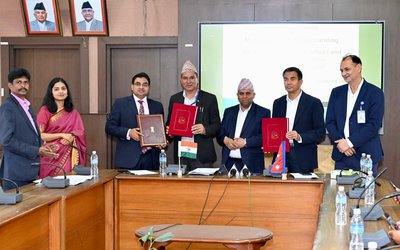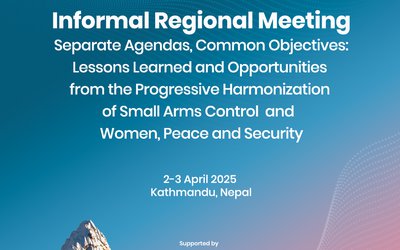
Based on the author's first-hand experience as a UN Special Rapporteur, this thought-provoking and original book examine the values of Eastern civilizations and their contribution to the development of the UN Human Rights agenda. Rejecting the argument based on “Asian Values” that is often used to undermine the universality of human rights, the book argues that secularism, personal liberty and universalism are at the heart of both Hindu and Buddhist traditions.
There has been a great deal of debate in the recent past about decolonizing the curriculum in universities around the globe and a call for the use of more inclusive and diverse sources for teaching.
The values of Western civilizations and their contribution to the development of human rights, the rule of law and democracy have been asserted in a wide range of literature. In contrast, few studies have been conducted on the values of Eastern civilizations and their contribution to the development of human rights in the wider sense of the term. Western scholars are not usually familiar with the vast body of scholarship in Eastern civilizations; nor do they go far back in history to understand and appreciate the contribution of Eastern civilizations.

This intellectual gap renders the work of such scholars limited in scope. It is in this context that this new book examines the values of Eastern civilizations and their contribution to the development of the United Nations Human Rights agenda. Professor Surya P. Subedi QC, OBE, DCL of the School of Law at the University of Leeds has demonstrated in his recent publication entitled “Human Rights in Eastern Civilisations” published by a major British publishing house, Edward Elgar, how cross-fertilization of values between the Eastern and
Western civilizations have taken place and how the notion of the universality of human rights has been enriched by the values of different civilizations. In his book, Professor Subedi has analyzed the values of Eastern civilizations and their contribution to the development of the UN human rights agenda. The book focuses on the norms underpinning Eastern philosophies to assess the extent to which the ancient Eastern civilizations already had human rights values embedded in them. Various chapters in the book explore the expression of values in the scriptures and practices of the Eastern philosophies, assessing their influence on the contemporary understanding of human rights.
Rejecting the argument based on the so-called “Asian Values” that is often used to undermine the universality of human rights, the book argues that secularism, personal liberty, tolerance, and universalism are at the heart of the main scriptures of Eastern civilizations.
When discussing human rights, this study is not only referring to human rights in the modern sense of the term – that is, the human rights developed mainly after the establishment of the United Nations and within the framework of Western political thought. Rather, this study is considering human rights in a wider sense and in a much earlier historical context.
- Myanmar Government says quake death toll tops 2,700, could rise further
- Apr 02, 2025
- Trump To Reveal Reciprocal Tariffs On Wednesday
- Apr 02, 2025
- UN migration agency calls for support for quake-hit Myanmar
- Apr 01, 2025
- KMC Imposes Rs 793,000 Fine On Former King Shah
- Mar 30, 2025
- US proposed new mineral rights deal: Zelenskyy
- Mar 30, 2025














